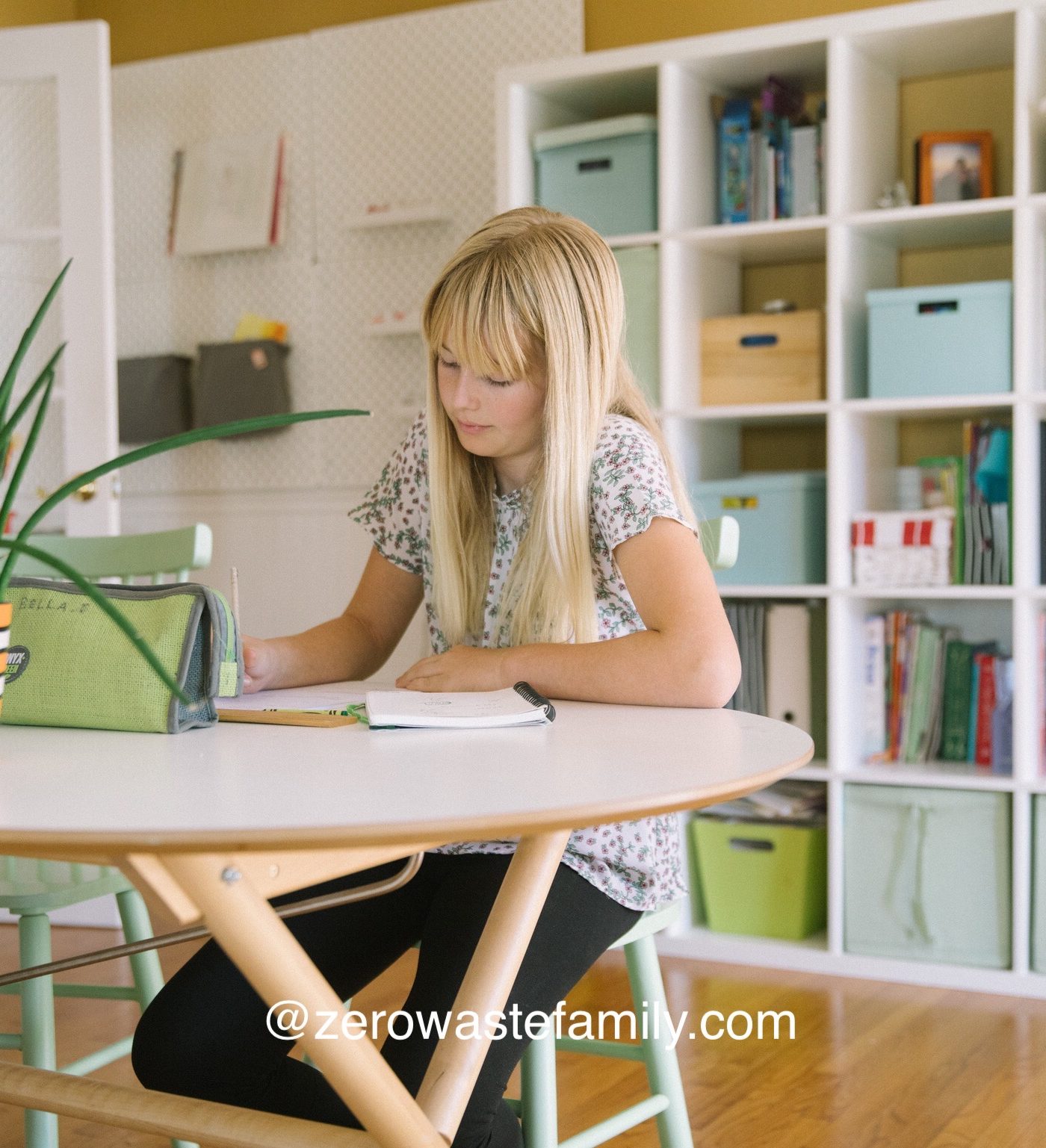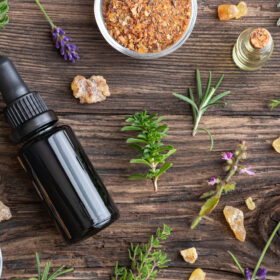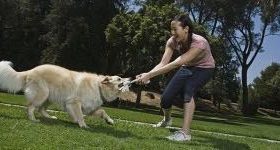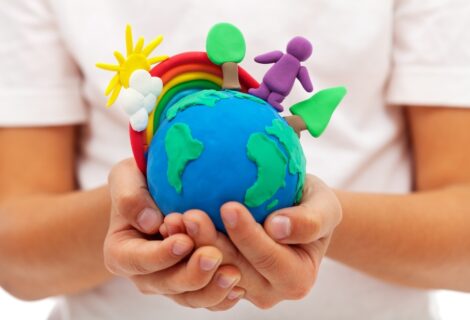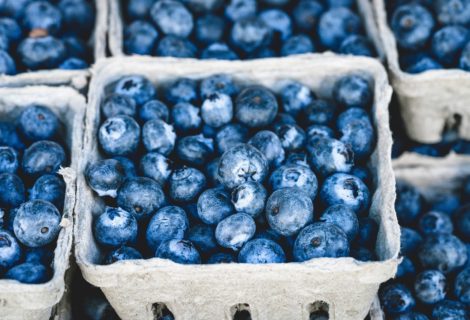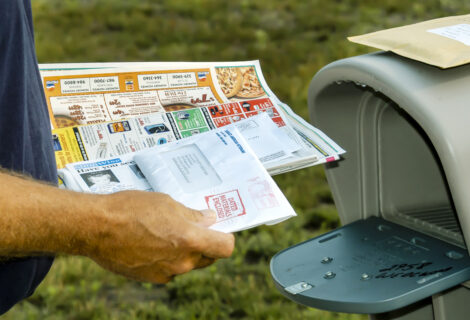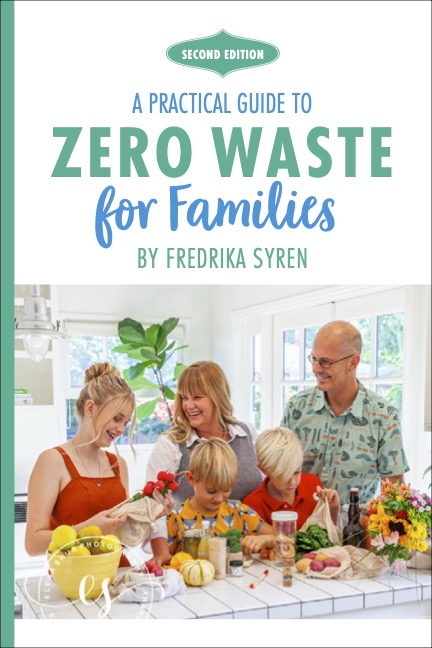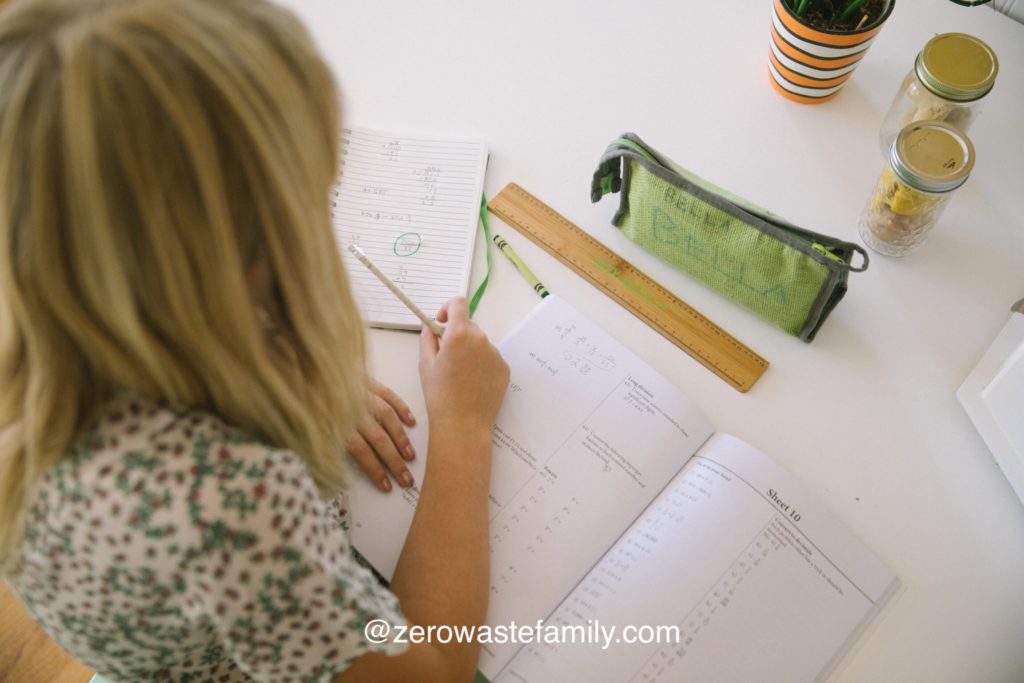
Zero Waste School Supplies
After a nice long summer, kids are soon going back to school and it comes the need for some school supplies. Trying to live as frugal as possible and with as little waste with school children can be tricky; but my motto is “find what I have at home already; borrow; buy used; and, as a last resort, buy quality and eco-friendly if I must.” I first check out Craig’s List, EBay or even thrift shops for used school supplies.
Backpacks—Get a good quality backpack that will last so you don’t have to buy a new one every school year. Also, buy one that comes with a warranty like Jansport backpacks, which have a lifetime warranty, so if it breaks or falls apart the company will fix it. My kids all have kånken backpacks from fjallraven.com. They are a sustainable company and their backpacks are very good and resilient quality. Backpacks are also items to find secondhand; often the company will still honor the warranty.
Binders—Cardboard with a center with screws, which are 100% recyclable binders so when it falls apart you can remove the center in order to recycle the cardboard, and reuse the center with your own homemade cover or buy a replacement from the manufacturer.
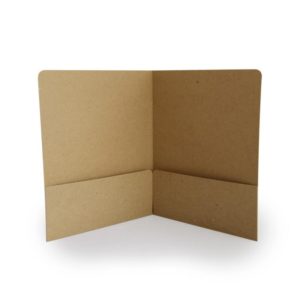 Folders—Buy paper or cardboard but avoid the plastic kind so that, when they break, you can recycle the paper.
Folders—Buy paper or cardboard but avoid the plastic kind so that, when they break, you can recycle the paper.
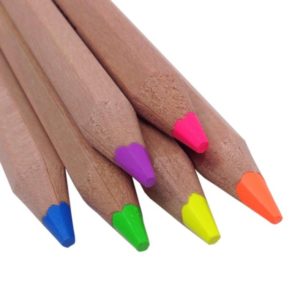 Pens and pencils—Fountain pen is refillable. For highlighter, I like Eco highlighters that are both biodegradable and eco-friendly and made from sustainable wood. When you’re finished with these highlighters, you can throw the stumps into the compost.
Pens and pencils—Fountain pen is refillable. For highlighter, I like Eco highlighters that are both biodegradable and eco-friendly and made from sustainable wood. When you’re finished with these highlighters, you can throw the stumps into the compost.
Ruler—Buy a durable stainless steel ruler or a wood ruler, not plastic.
Calculator—This is best to buy used on eBay or Craig’s list.
Lunch boxes—Invest in a reusable bento box or thermal soup containers as well as a reusable metal bottle, reusable cutlery, and cloth napkins. If you have to wrap food, use either a cloth sandwich bag or beeswax wrap to ensure avoiding unwanted waste. I have written a post before about how I pack zero waste lunches for kids.
Print paper—Buy only 100% recycled paper or FSC certified paper, and make sure it’s not bleached.
 Notebooks—Buy a durable notebook made with 100% post-consumer recycled paper.
Notebooks—Buy a durable notebook made with 100% post-consumer recycled paper.
Books—Try to borrow, buy used, or download books before buying new ones.
Make sure to recycle all used papers from printers and notebooks as well as covers from binders and folders.


